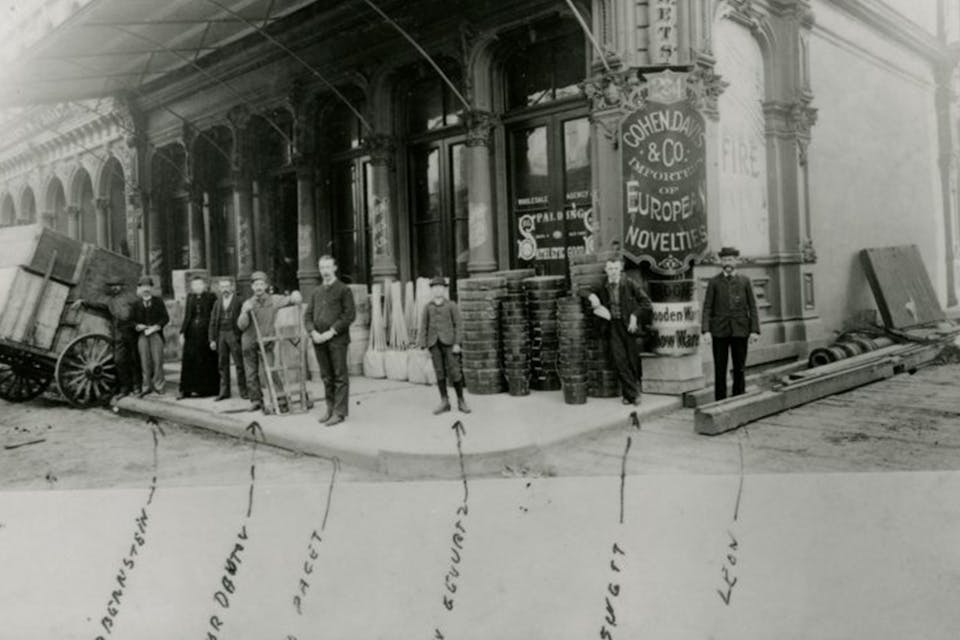
March 3, 2021
Where “Kike” Comes From
We know that the slur has something to do with Jews traveling in rural America in the first years of the 20th century. Do we know more than that?
No sooner had I written my previous column on the old children’s chant of “sticks and stones may break my bones but names can never hurt me” than the Lowell, Massachusetts school-board member Robert Hoey decided to put me to the test. In a video of a school-board meeting that quickly made the national news, Hoey can be seen and heard saying, in reference to the school district’s former chief financial officer who had moved to another position, “We lost a ****—oh, I mean the Jewish guy—I hate to say it, but that’s what people used to say behind his back.” The word blacked out on the video, the news reports related, was “kike.”
Hoey, I’m happy to say, resigned from the Lowell school board, although had all this happened in the old days that I lamented previously I might have said to him, “Listen, you dumb Mick, that’s no way to talk about Jews. Let’s go have a beer and I’ll tell you why.” Micks, for the benefit of the younger set, was once a pejorative term for Irish Americans—and the Hoeys are as Irish as they come, being descendants of the 1st-century Irish king Fiatach Finn mac Dáire.
Those days, for better or for worse, are gone forever. Gone too, I would have thought, was the word kike, at least when used by school-board members. But we all make the mistake of thinking that what we don’t hear isn’t said—and unless someone is indiscrete enough to release a video, Jews never know what is said about them when they’re not in the room. Kike, it seems, is alive and well, even if it has gone deep underground.